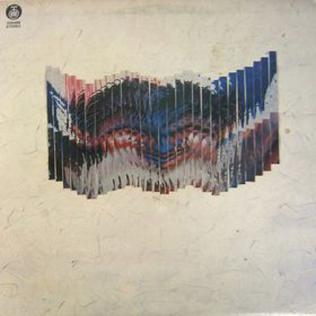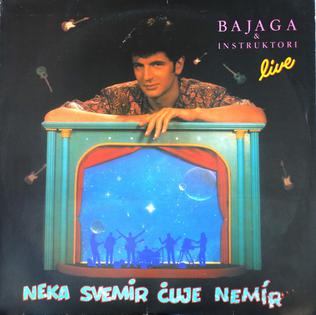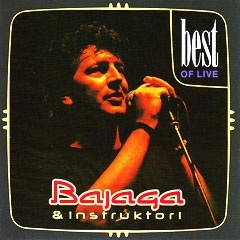| Od bižuterije do ćilibara | ||||
|---|---|---|---|---|
 | ||||
| Studio album by Bajaga i Instruktori | ||||
| Released | 1997 | |||
| Recorded | Vlada Negovanović's home, Belgrade August - November, 1996 | |||
| Genre | Rock | |||
| Label | Komuna | |||
| Producer | Bajaga i Instruktori | |||
| Bajaga i Instruktori chronology | ||||
| ||||
Od bižuterije do ćilibara (trans. From Bijouterie to Amber ) is the sixth studio album from Serbian and former Yugoslav rock band Bajaga i Instruktori, released in 1997.

Amber is fossilized tree resin, which has been appreciated for its color and natural beauty since Neolithic times. Much valued from antiquity to the present as a gemstone, amber is made into a variety of decorative objects. Amber is used in jewelry. It has also been used as a healing agent in folk medicine.

Serbia, officially the Republic of Serbia, is a country situated at the crossroads of Central and Southeast Europe in the southern Pannonian Plain and the central Balkans. The sovereign state borders Hungary to the north, Romania to the northeast, Bulgaria to the southeast, North Macedonia to the south, Croatia and Bosnia and Herzegovina to the west, and Montenegro to the southwest. The country claims a border with Albania through the disputed territory of Kosovo. Serbia's population is about seven million., most of whom are Orthodox Christians. Its capital, Belgrade, ranks among the oldest and largest citiеs in southeastern Europe.

The Socialist Federal Republic of Yugoslavia was a country located in central and Southeastern Europe that existed from its foundation in the aftermath of World War II until its dissolution in 1992 amid the Yugoslav Wars. Covering an area of 255,804 km², the SFRY was bordered by the Adriatic Sea and Italy to the west, Austria and Hungary to the north, Bulgaria and Romania to the east, and Albania and Greece to the south.




















